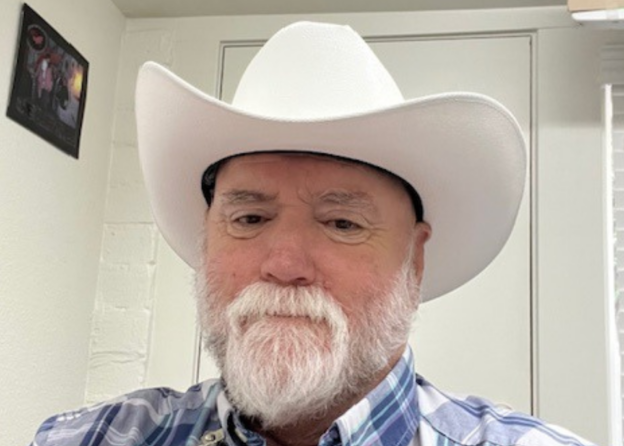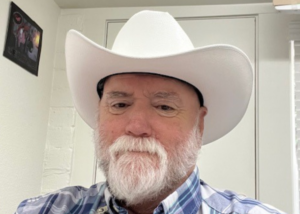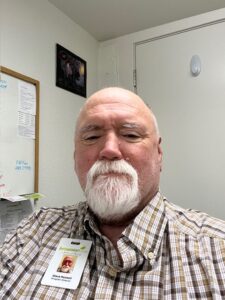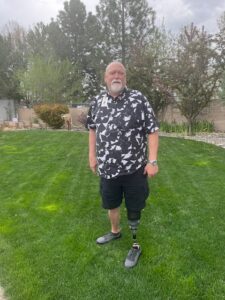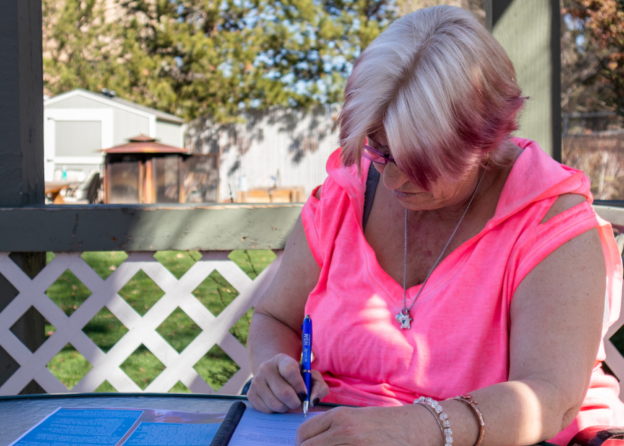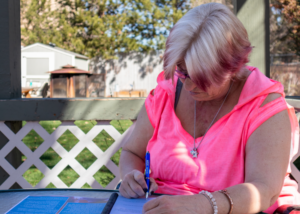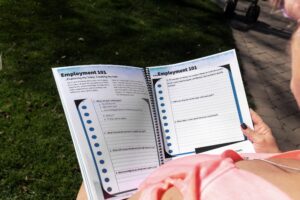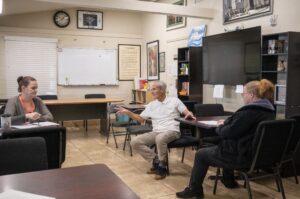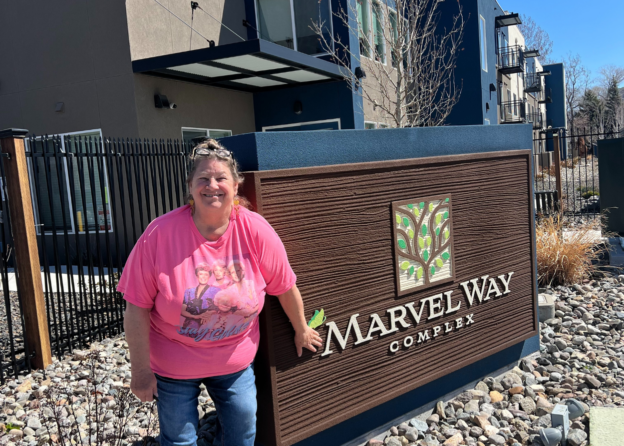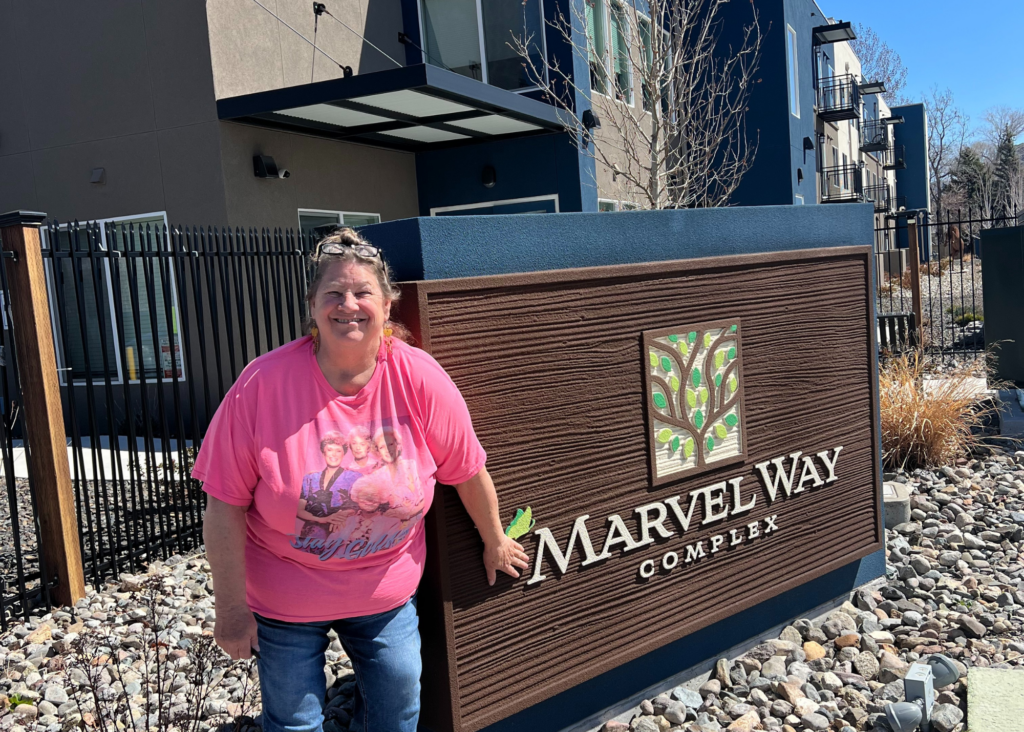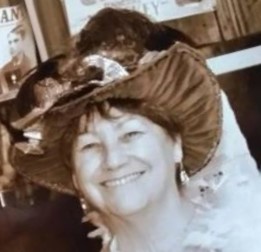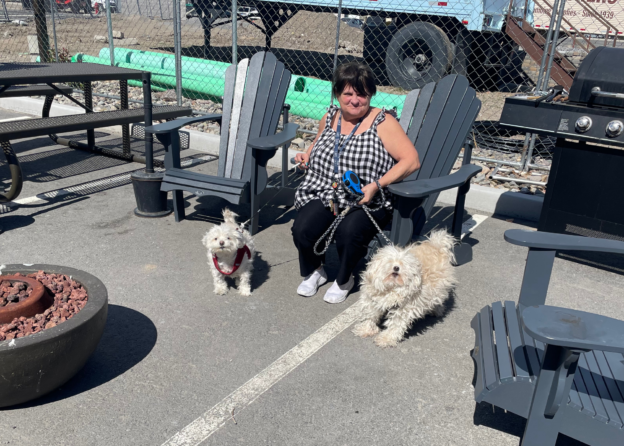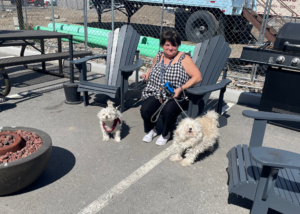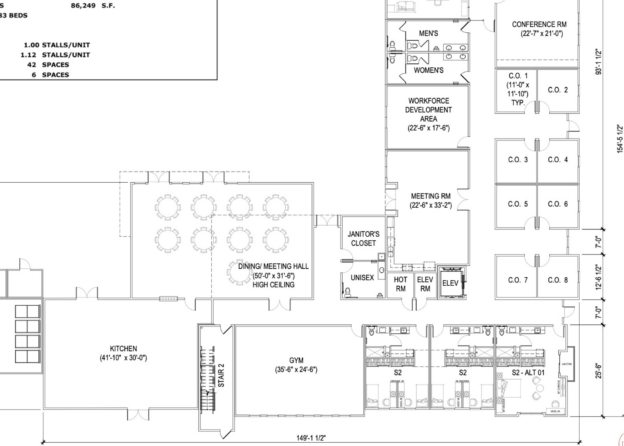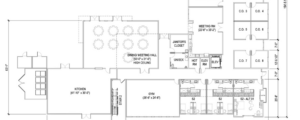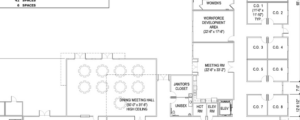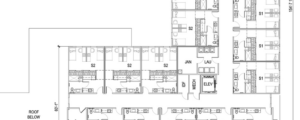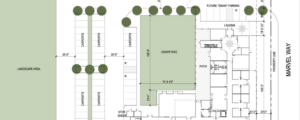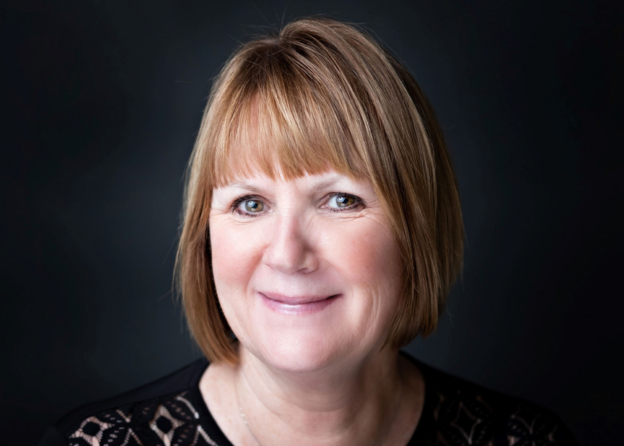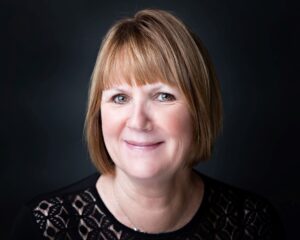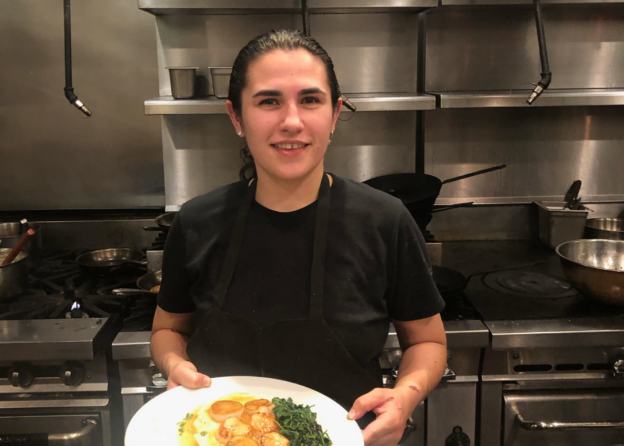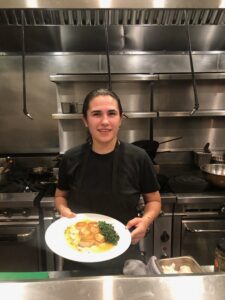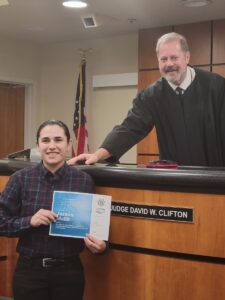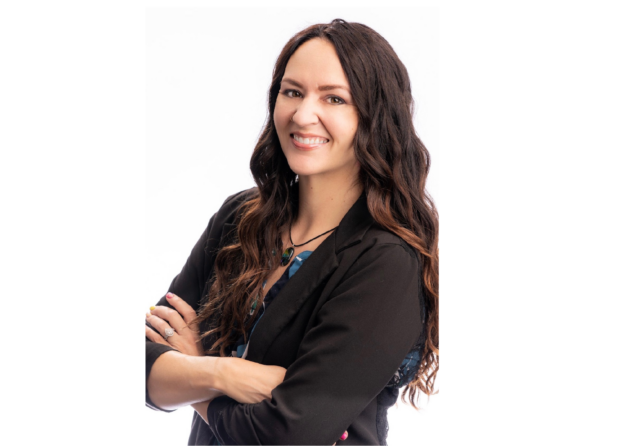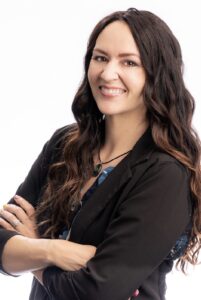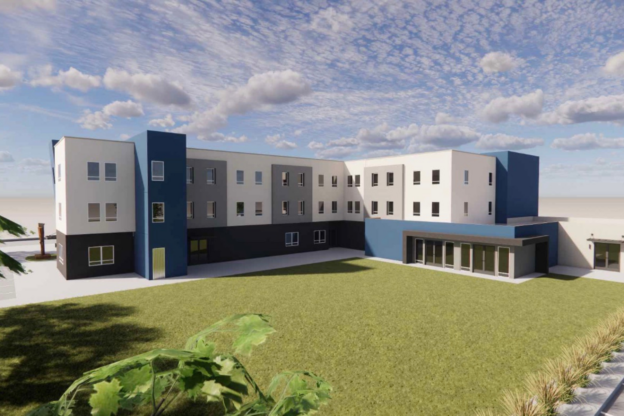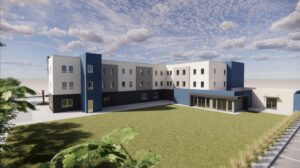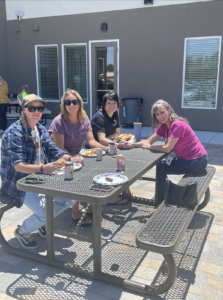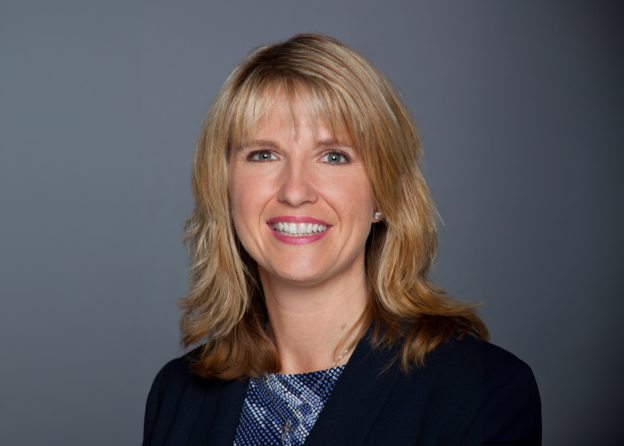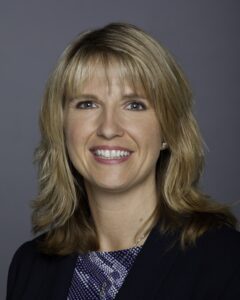Meet Our Program Director
Steve Maxwell has been with The Empowerment Center since just about Day 1. New to Northern Nevada (and in recovery himself) he joined us as Housing Manager in 2009. He was here for the first walk-through of today’s Virginia Street treatment center, was a part of our transformation as we integrated recovery treatment into what was then a halfway house, and currently serves as Program Director. Today, with 18 years of sobriety and almost as many at TEC, Steve continues to be a key piece of what we’ve achieved, and where we’re headed next.
We’re honored to share his story with you – as well as his take on TEC’s history and the biggest steps soon to come!
From the Beginning
Steve grew up in Santa Clara, California and joined the Navy to see the world. After boot camp, he was stationed in San Diego to a ship that hadn’t been commissioned yet. He went to class during the day, did some work on base…and also got in the habit of drinking. “The Navy taught me how to be a full time alcoholic,” Maxwell shared, “and when I got out of there, life just slid downhill. I’m a runner, which means I escape to one place long enough to start getting in trouble and then I run to someplace else.” His substances of choice were marijuana to start, then methamphetamines and cross-tops, stimulants. He moved around a lot before finally settling down in Sacramento, then spending time in and out of jail.
In Recovery & Moving to Reno
After Steve was released in November 2005, he went to Pathways, a six-month blackout treatment program in San Jose. While at first, he didn’t want to be there, in time it grew into something he could handle, and then into something he wanted.
At Pathways, Steve found someone he wanted as a sponsor, and asked. His potential sponsor said yes, but that Steve should do his step work, and that they’d talk in a couple weeks. And then never returned. Steve was upset, and remembers coming into a meeting and saying some things he shouldn’t have. He got up in front of the group and announced “I asked someone for help. No one’s helping me. I think you’re all full of crap anyways. I’m out.” Two men from the group, a counselor and the speaker, told Steve to get his step work and meet him in the smoking area outside.
Once outside, they asked Steve for his step work. Steve took out his Step 1, answers to 60 questions all crammed on one double-sided piece of paper. One of the men, Pete, looked and him and shook his head. Told him if he wasn’t serious, he might as well leave. Pete offered to help, but only if Steve was ready to change his life. He became Steve’s sponsor. They’re still friends to this day.
Soon after, Steve began working at recovery houses. He worked as Pathways for a while, then switched over to another facility, a 27-bed sober living apartment building. He stayed there until he found out he needed hip replacement surgery. The owner told him he’d need to leave for 6-months, as his recovery from surgery would involve medications.
Needing another place to go, Steve left California to stay with his sister in Dayton, NV. He attended AA/NA meetings in Dayton and Carson City. As he met more people, he got into more meetings. He started introducing himself as having worked as a Housing Manager and letting them know he wanted to continue this work. That’s how he connected with The Empowerment Center.
Early Days at The Empowerment Center
“I went out for an interview, and was pretty much hired on the spot,” Steve recalls. He began work two days later. Back then, The Empowerment Center had two houses in Sparks: for men and women. “It was pretty rough. There was really no recovery. It was a lot different than what we are now.” Residents of what was then a halfway house attended a weekly AA/NA meeting and were expected to begin working and paying bills right away. Most didn’t stay for long.
In 2010, The Launching Pad bought what’s now our South Virginia Street treatment center. That’s when things started to change. To start, they spent about 6 months gutting what had previous been the Old Ranch Motel, followed by another 12 months to rebuild. Steve describes the old motel as “disgusting. It was a known drug haven. If you needed drugs, this is where you came.” He helped take 18 trailer loads of garbage out of the rooms and backyard. Other than the brick walls, just about everything else on site needed to be removed, repaired or replaced.
The Empowerment Center started using the new space right away, moving in 4 men as soon as the first 2 rooms were ready. Not long after, they offered space for 8 men and 5 women. Housing both men and women in the same facility was difficult, and distracting.
A few years later they made the decision to focus on women. Around the same time, they added a full commercial kitchen. Steve notes, “that’s when we really started to flourish.”
From here, the recovery programming began to evolve. Today’s Empowerment Center offers not only daily meetings, but a full suite of wrap-around services including group and individual therapy, workforce development, medication-assisted treatment, financial education, fitness programs, art therapy, off-site group trips, and more!
Next Steps for TEC
“And that’s just the beginning,” Steve explains. With Marvel Way Phases I and II, Steve’s amazed to see TEC’s programming continue to grow, now providing long-term sober housing opportunities. “It’s going to be great, adding more affordable housing to the mix for all the people out there. We have 42 households now and are going to add another 46 families to the community. They’re putting in a dog park, a play area for kids, and it’s going to be pretty amazing.”
On the TEC2 side, at the new 80-bed women’s treatment center, Steve’s most excited to see a broader range of opportunities to support clients. Beyond TEC’s 5-month treatment program, he looks forward to space for longer, more flexible stays for those who need it, including ways to keep more graduates involved with TEC long term. Steve also looks forward to beginning to offer services to men once again, as after female clients move into the new space, the Virginia Street treatment center will be repurposed for men. He recognizes that there’s a lot of need in today’s community to once again offer both women’s and men’s recovery centers.
Steve’s World Today
As Program Director, Steve Maxwell is always busy. He’s in charge of grading applications, intakes, and discharges and some of the daily functions. He runs the 8:30 morning meeting, which includes recovery readings and discussions, as well as announcements to begin the day. He makes sure clients’ rooms are kept clean and watches over programming and other happenings around TEC.
He’s also taking care of his personal health. A few years ago, he went in for surgery for a small hole on the bottom of his foot, got MERSA, and eventually lost his foot. He’s grateful to have a prosthetic leg to stand on and is learning to adapt to the change.
Outside of work, Steve’s favorite thing is spending time with his grandchildren. He has a big family, with 4 children through marriage and 9 grandchildren. He smiles as he shared “My youngest is 4 years old. His name’s Camden, and he’s the light of my life right now. Whenever he comes over, we have fun, we play. My wife says we’re about the same age. So that works!”
Recovery Advice
Relapse isn’t a part of Steve’s story. He shares, “For me, recovery is pretty simple. Just don’t pick up and you won’t get high, you don’t want to live in misery like when you were out there. Nobody ever has fun in addiction. You might think it’s fun, but it’s not a way to live life.” Oh, and Steve recommends that everyone always put their shopping carts away, “I don’t know one successful person that leaves their shopping cart in the middle of the parking lot”.
His favorite quote is by Mark Twain. “The two most important days of your life are the day you were born and the day you realize why.” Helping people succeed in recovery and spending time with his family are both key pieces of Steve’s why.
